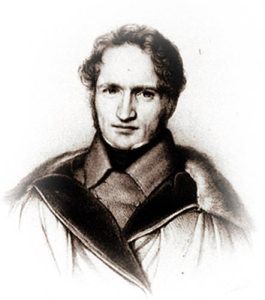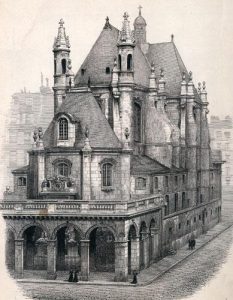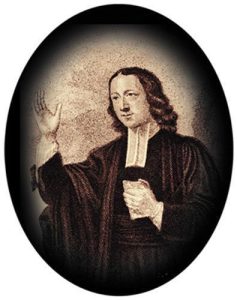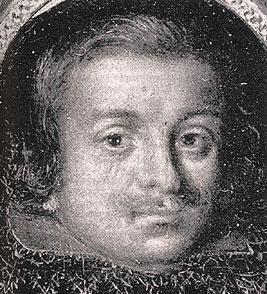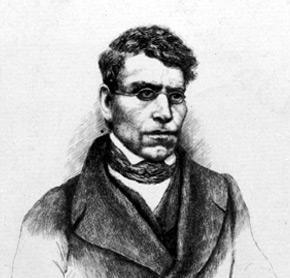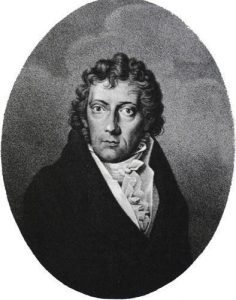The French Revival Movement owed its inspiration to both the Pietism and the Methodism
Three major figures had a great influence on the French Revival Movements : on the one hand, pastors Daniel Encontre and Henri Pyt, (both members of the Revival Movement in Geneva) and on the other hand pastor Charles Cook, an English Methodist minister. With great success they ministered as missionaries in the Faculty of Montauban. Later, they gave their full support to parishes whose pastors had been trained there.
However, things could have turned out differently – instead of the Revival movements, other spiritual influences could have had a profound effect on the French Protestant awakening. The Age of Enlightenment could have given rise to a more liberal approach. As for the Protestant communities of Switzerland, Germany and England in the 18th century, they were deeply involved in debates about important dogmatic issues such as the Trinity, predestination and grace. As early as the 17th century such debates had resulted in a division and the Pietist movement came into being. Its followers advocated a more immediate influence of the Gospel on every area of daily life, including modernisation. Pietists and Methodists had feared that the philosophies of the Age of Enlightenment might result in too liberal a deviation. During the 19th century they found France to be a very favourable field for missionary activity.
Dogmatic disputes were to be of lesser importance in the 18th century
On the one hand, the Revocation of the Edict of Nantes, drew the attention of many French Protestants away from dogmatic disputes. Among those who had remained in France, some joined the Quakers, an English community that accepted Roman Catholics such as they had been forced to become. But dogma was not their main concern, in fact it probably seemed of secondary importance to those who had experienced the “Desert”.
On the other hand, Protestants probably had a certain mistrust of the religious policy of the French Revolution : why had this “daughter of the Enlightenment” persecuted some of them ?
English and Geneva foreign mission support
After the Concordat, many French Protestants were uncertain about their true identity. But thanks to the English or Geneva “foreign missionaries”, they acquired a new sense of identity within the Revival Movement. These missions also provided financial help. The French Protestants made the most of such support and took a fresh interest in matters of doctrinal debate.

